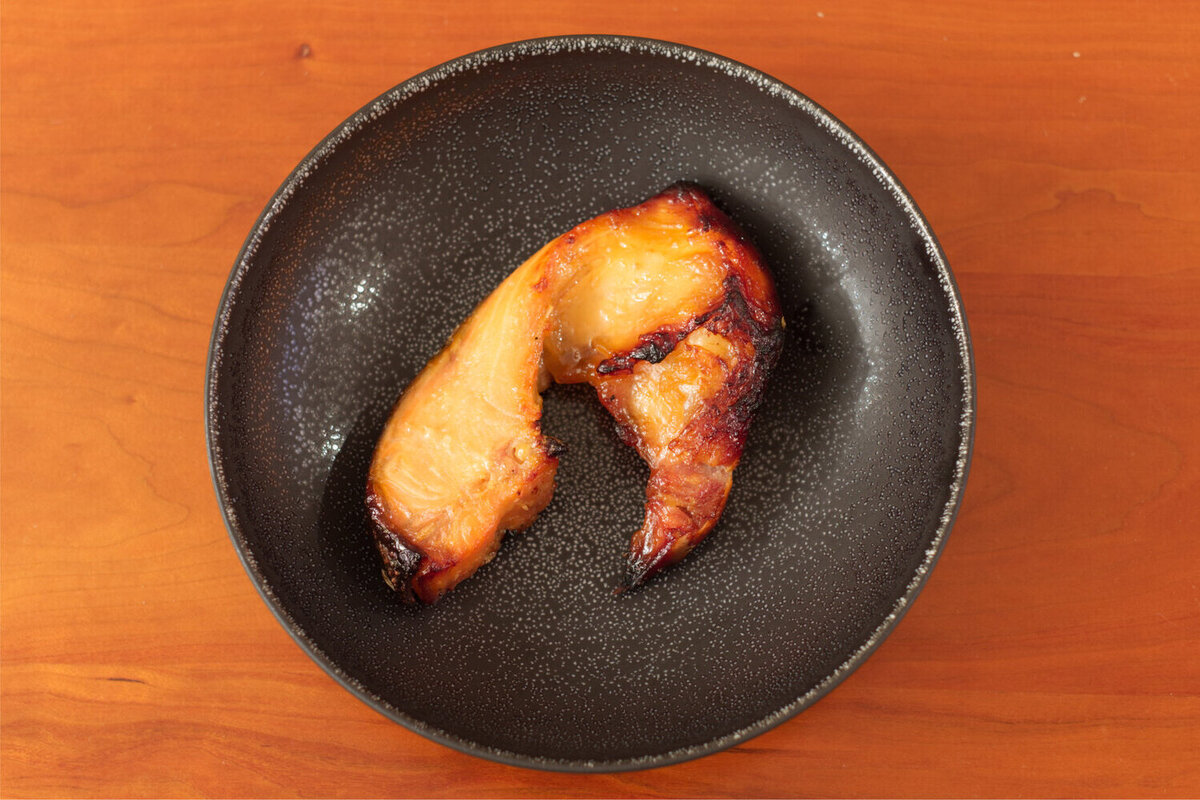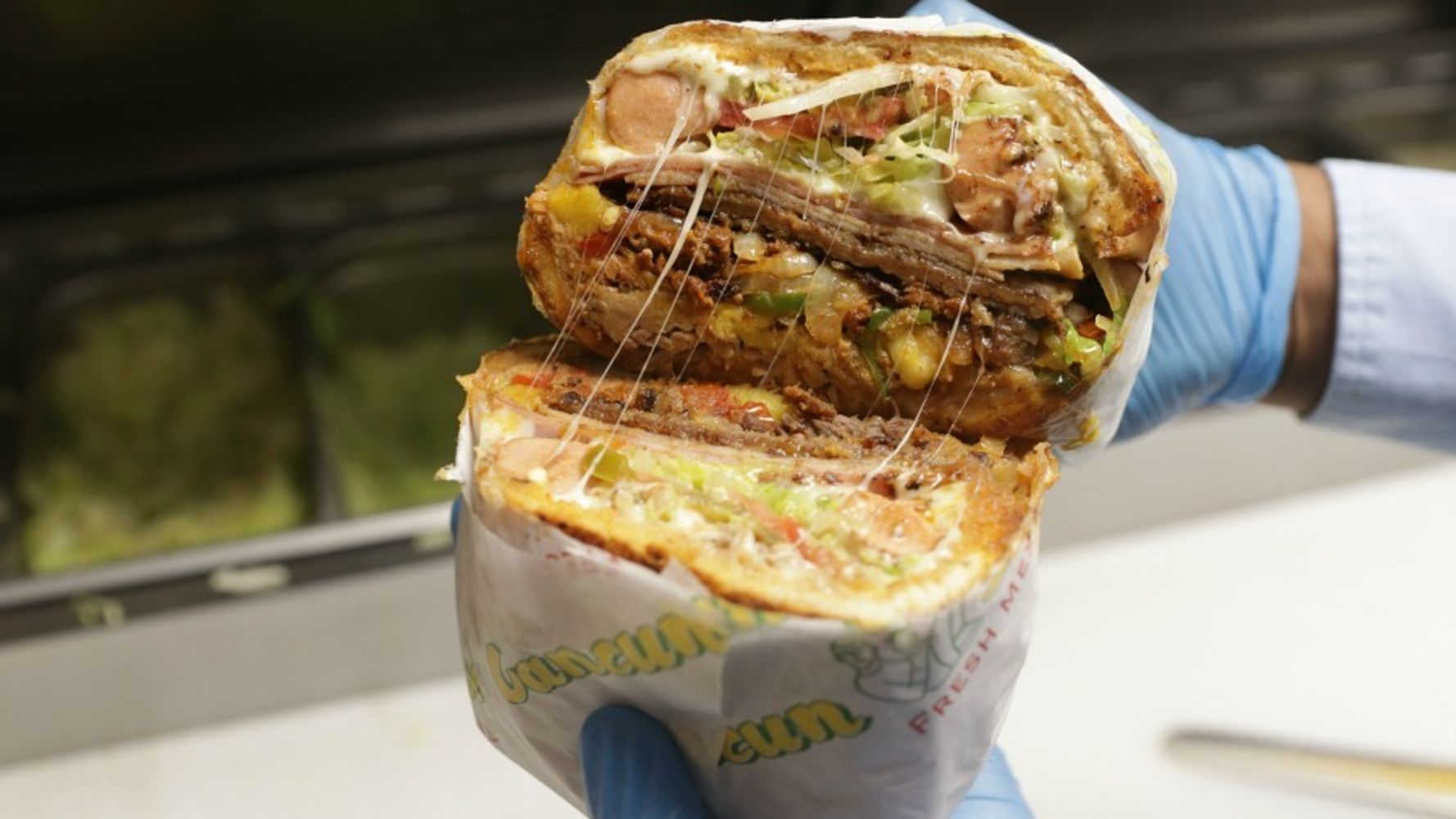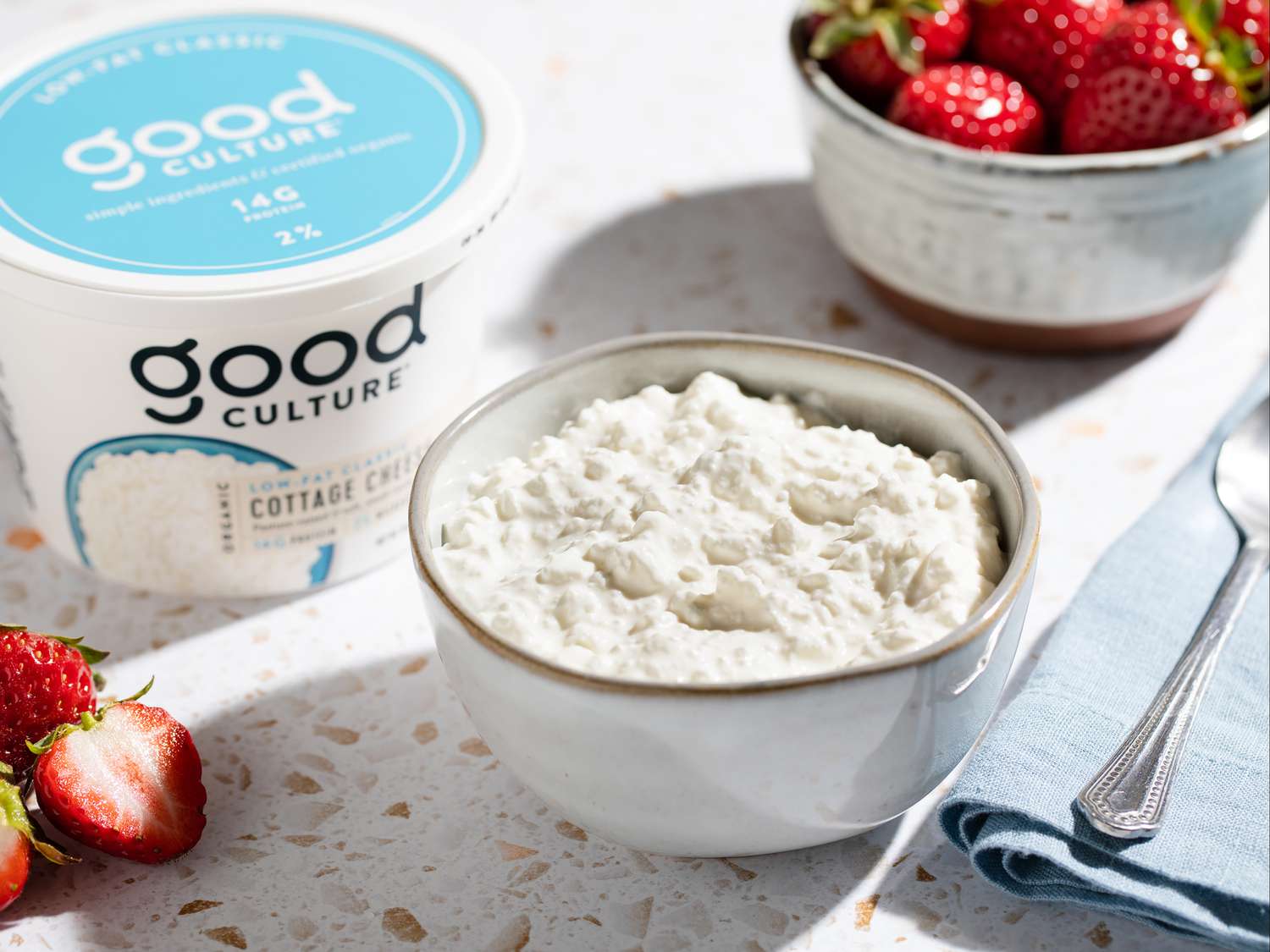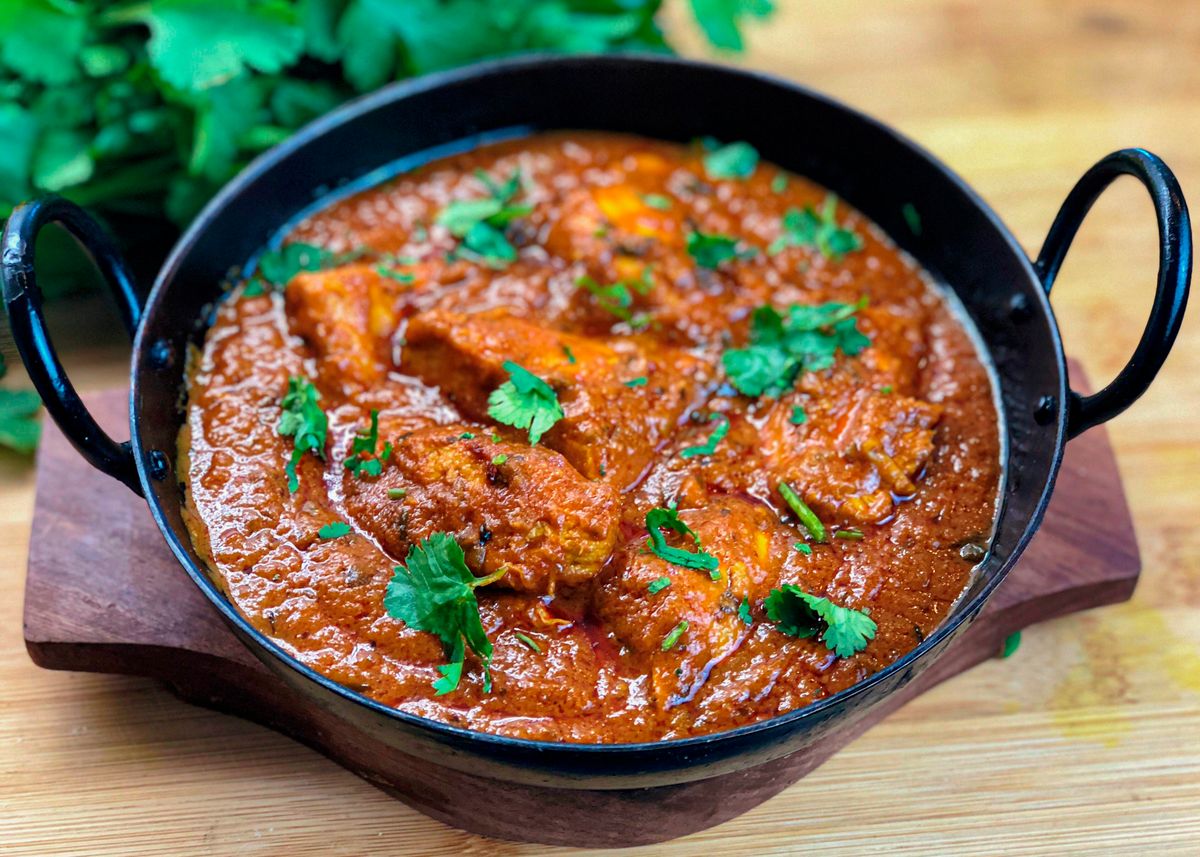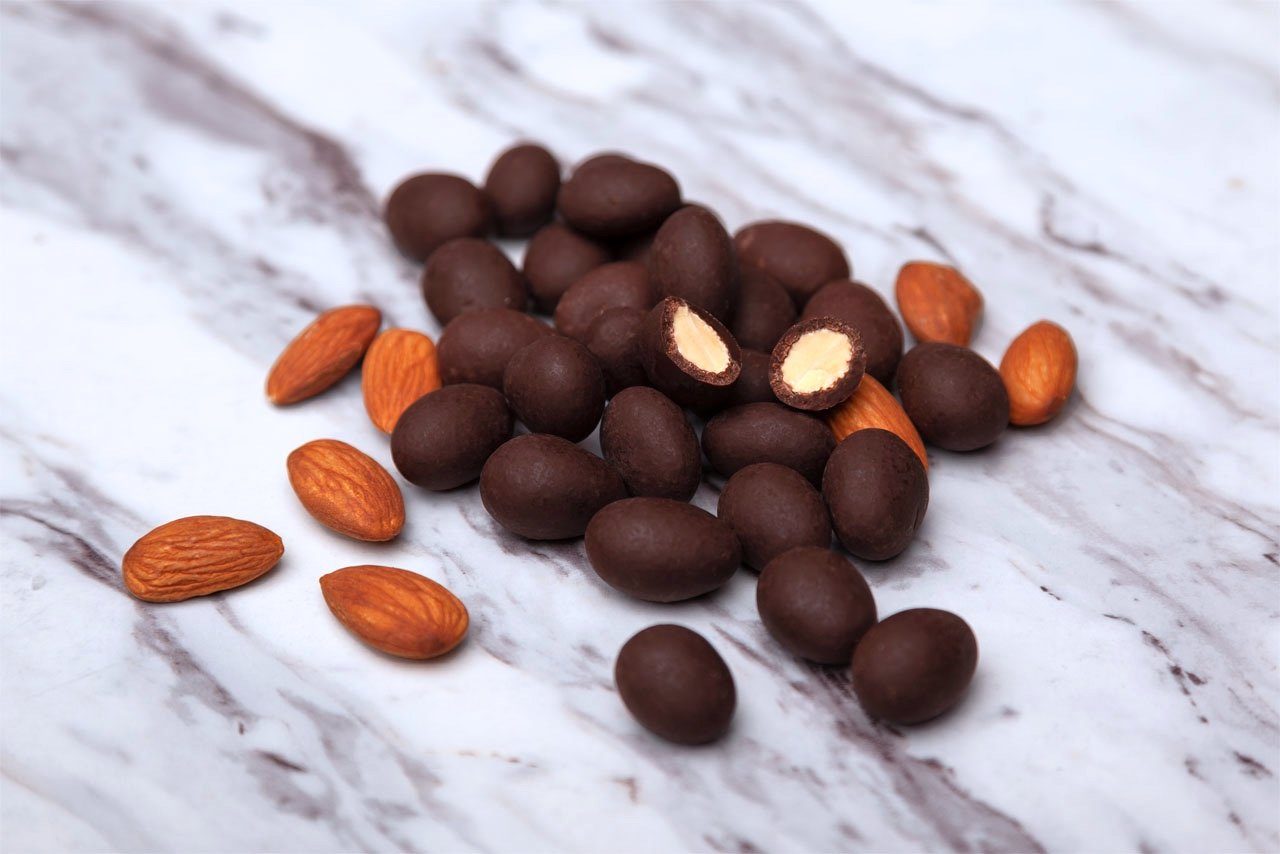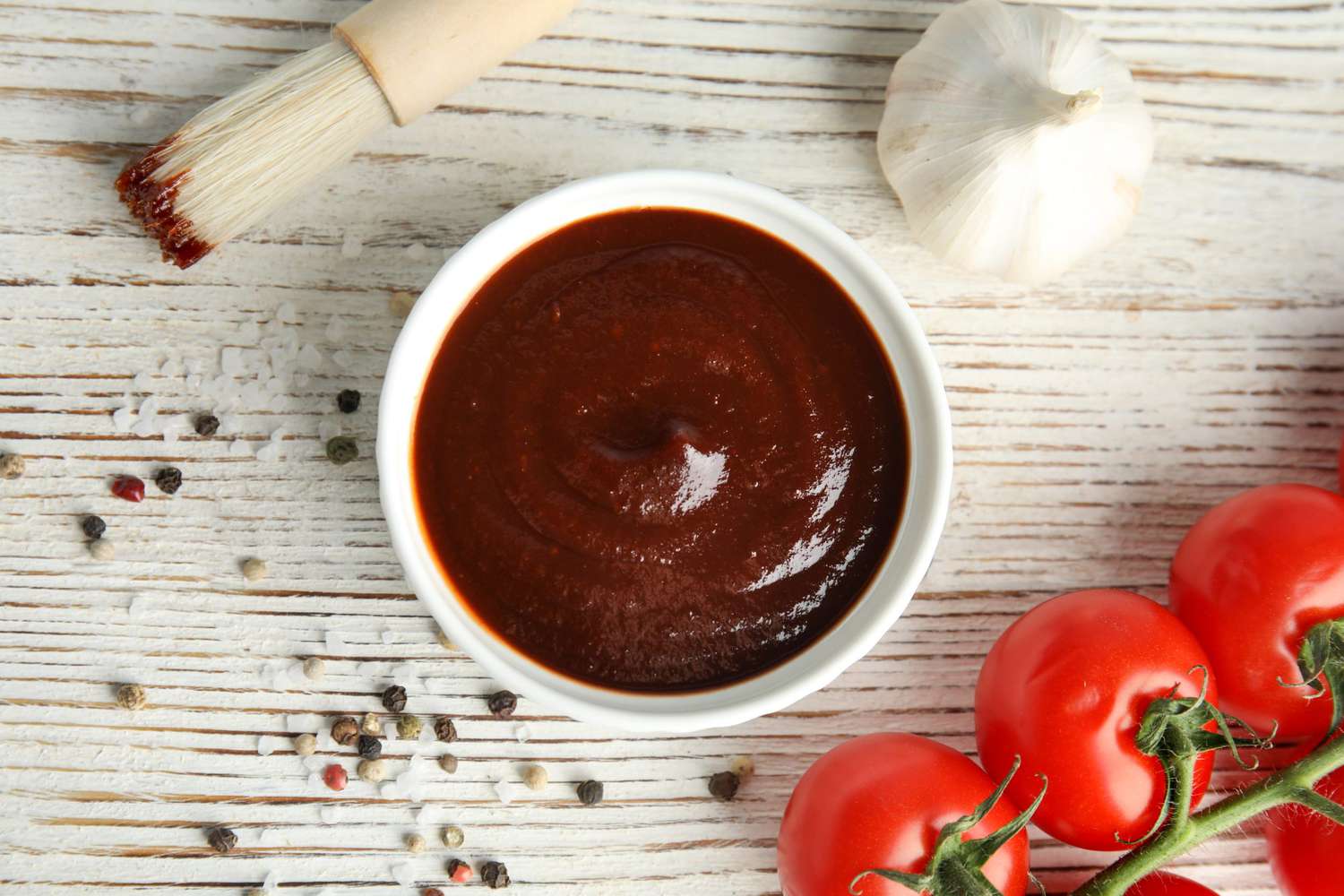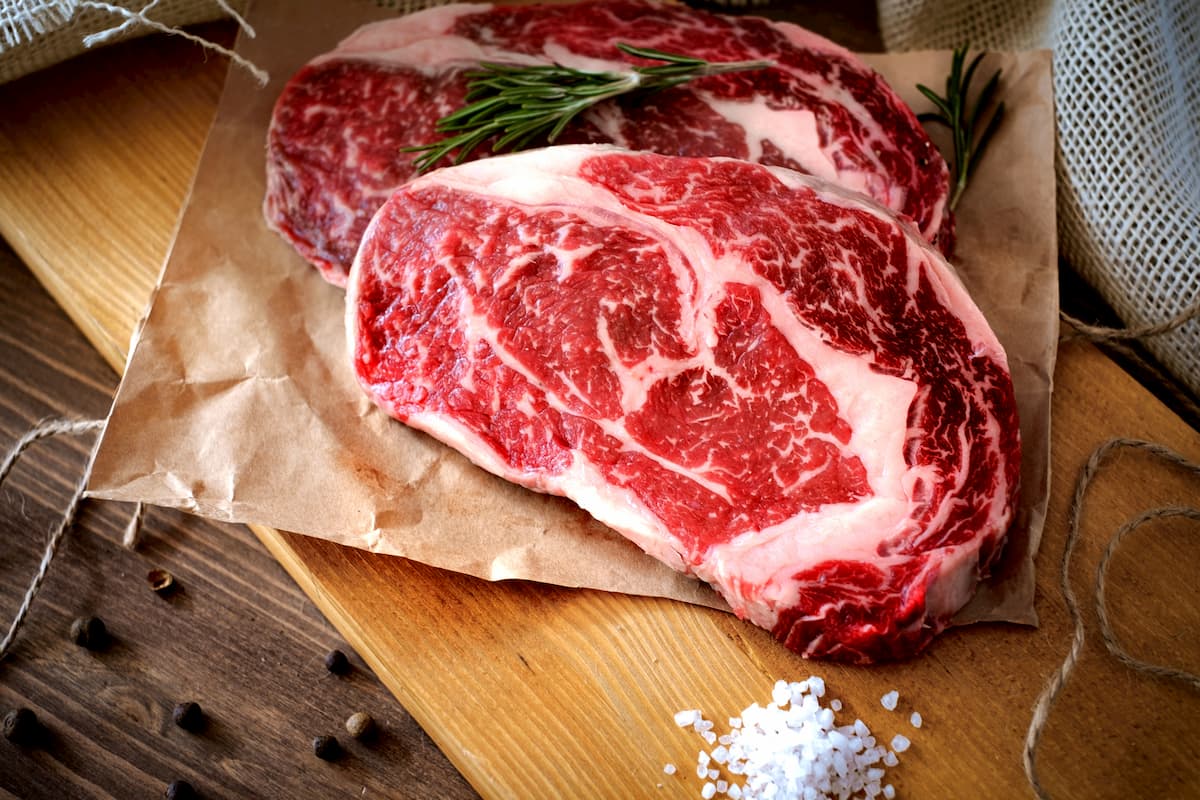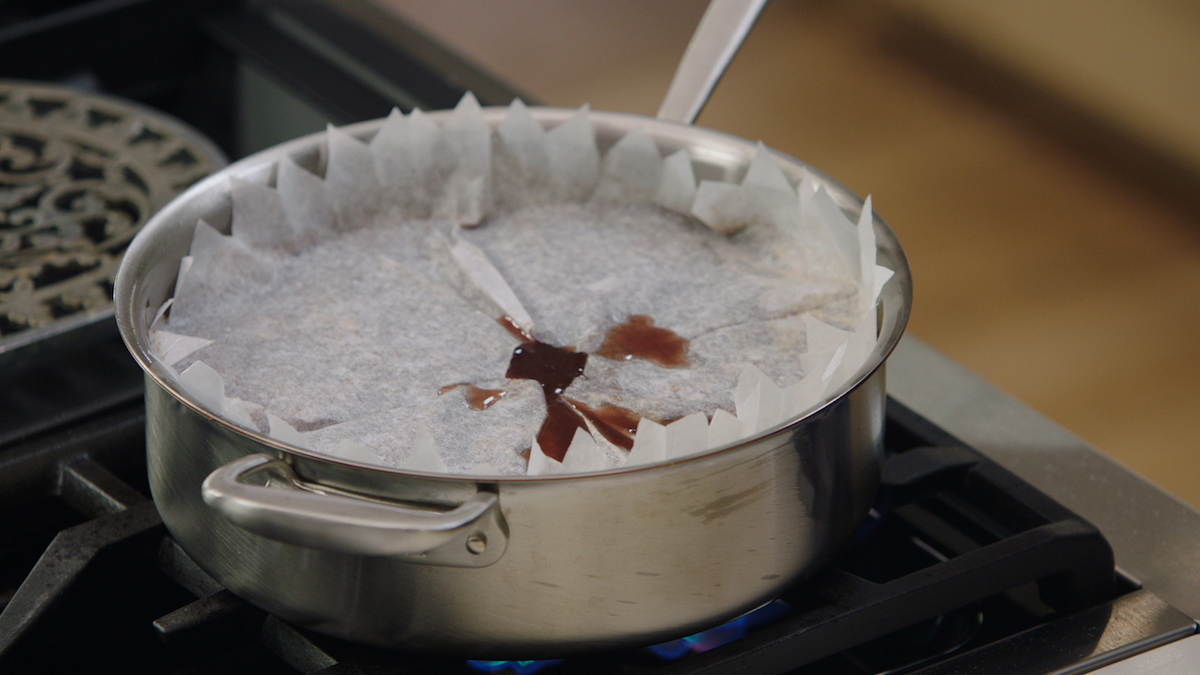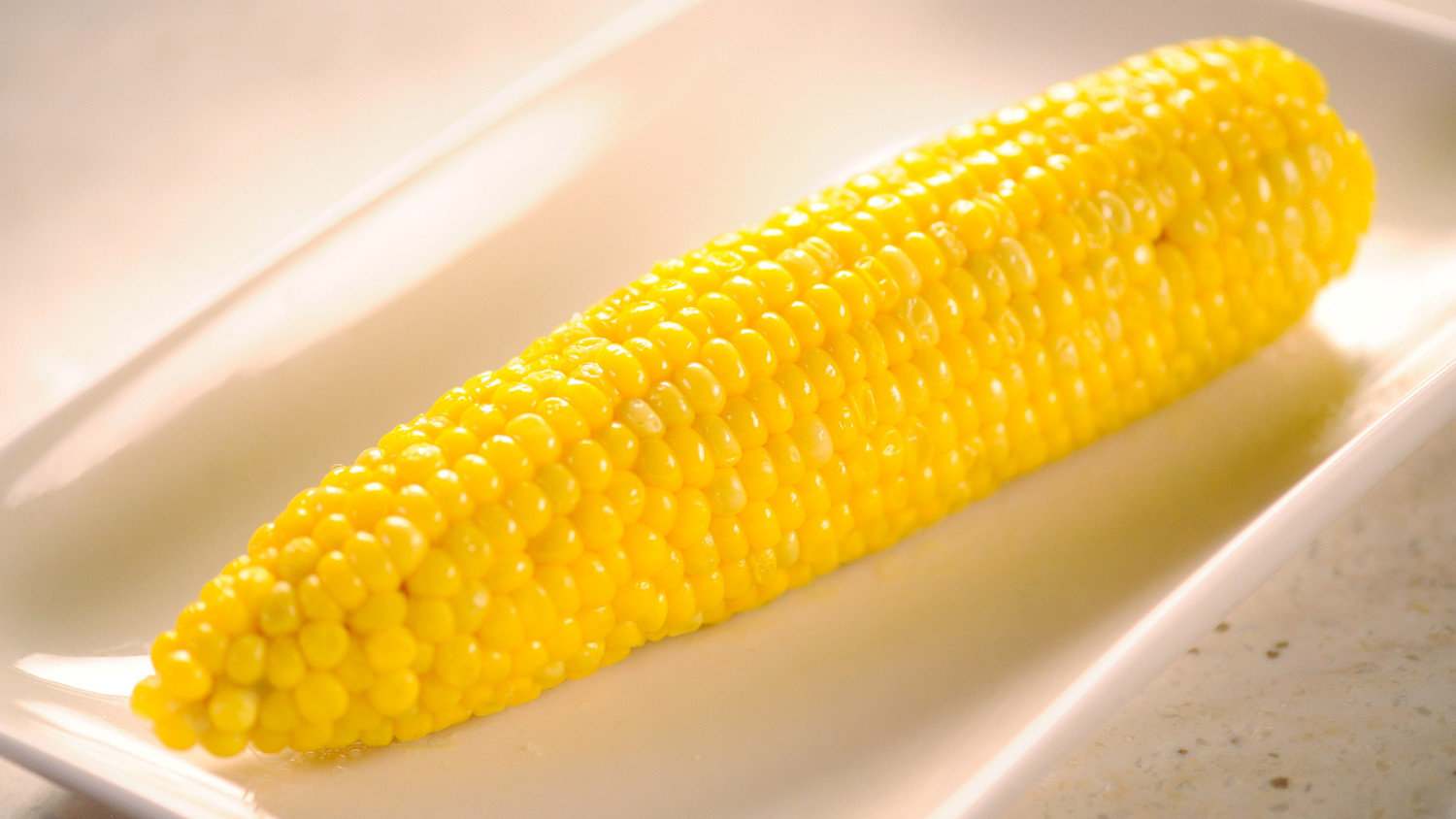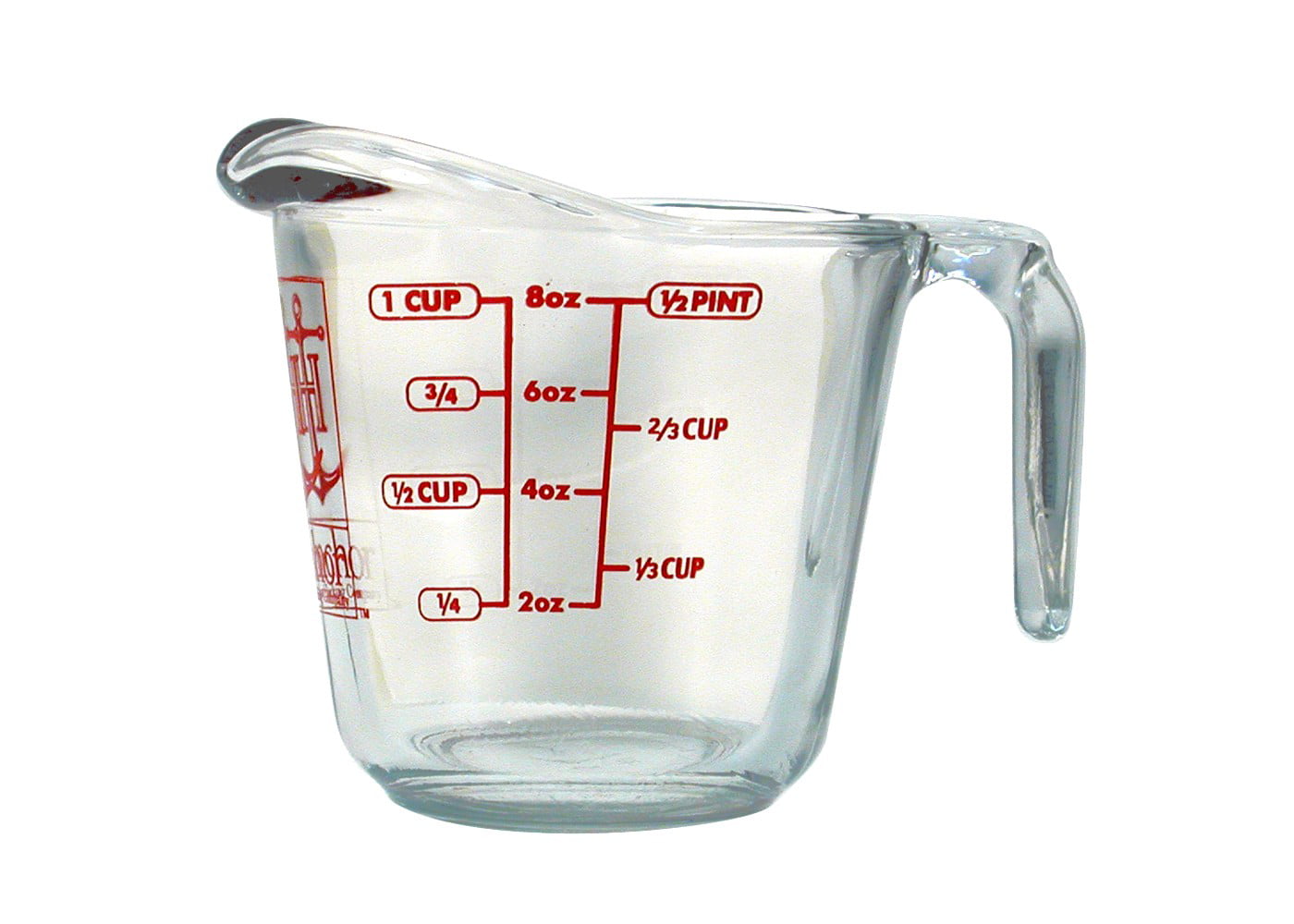Understanding Al Dente Pasta: The Perfect Texture
When it comes to cooking pasta, achieving the perfect texture is key. One term that you may have come across in recipes or cooking shows is “al dente.” But what exactly does al dente mean, and how can you achieve it when cooking pasta?
Al dente is an Italian term that translates to “to the tooth” in English. It refers to the ideal texture of pasta when it is cooked just enough to retain a firm bite while being fully cooked. Achieving al dente pasta requires precision and careful attention to the cooking process.
Characteristics of Al Dente Pasta
So, what are the characteristics of al dente pasta? Here’s what you need to know:
- Firmness: Al dente pasta should have a firm texture, offering some resistance when bitten into.
- Bite: When cooked al dente, pasta should have a slight bite to it, without being overly soft or mushy.
- Uniformity: The texture of al dente pasta should be consistent throughout the entire strand or shape.
How to Cook Al Dente Pasta
Now that you understand the characteristics of al dente pasta, let’s explore how to cook pasta to achieve this perfect texture:
- Use an Ample Amount of Water: When cooking pasta, use a large pot of boiling water. The pasta needs space to move around and cook evenly.
- Add Salt: Once the water is boiling, add a generous amount of salt. This will season the pasta from the inside out.
- Follow the Package Instructions: Most pasta packages provide cooking instructions. Start testing the pasta a few minutes before the recommended cooking time to ensure you catch it at the al dente stage.
- Taste Test: The best way to determine if pasta is al dente is to taste it. Use a fork to fish out a strand of pasta and take a bite. It should be firm but not crunchy.
- Rinse Quickly (Optional): If you’re not serving the pasta immediately, you can rinse it quickly with cold water to stop the cooking process and prevent it from becoming overcooked.
Recipes That Highlight Al Dente Pasta
Many classic Italian pasta dishes showcase the beauty of al dente pasta. From spaghetti aglio e olio to penne arrabbiata, these recipes rely on perfectly cooked pasta to elevate the dish.
When preparing these dishes at home, remember to aim for that ideal al dente texture to truly capture the essence of Italian cuisine.
Conclusion
Al dente pasta is a hallmark of Italian cooking, representing the perfect balance between firmness and tenderness. By understanding the characteristics of al dente pasta and mastering the cooking process, you can elevate your pasta dishes to new heights. So, the next time you’re in the kitchen preparing a pasta dish, strive for that ideal al dente texture to impress your family and friends with your culinary skills.
Was this page helpful?
Read Next: What Is Better Than Bouillon Ham Base
